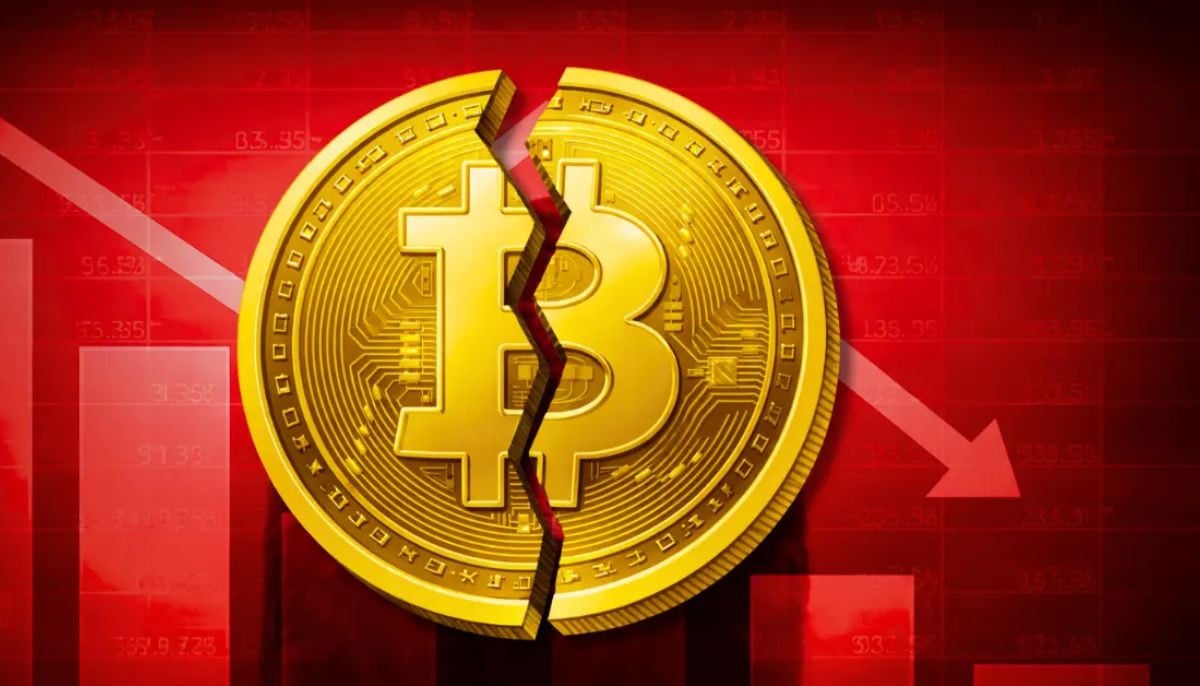PTI govt's policies powering economic growth in Pakistan, key indicators show
PTI govt followed liberal foreign investment regime, introducing measures to promote doing business in Pakistan
ISLAMABAD: The incumbent PTI government's policies are powering economic growth in Pakistan, according to the key economic indicators, with expansion witnessed in remittances and foreign direct investment and the primary balance in surplus, APP reported on Friday.
The positive signs in Pakistan's economy were seen during the first quarter of the ongoing fiscal year 2020-21 (FY20-21), with remittances growing 26.5%, foreign direct investment (FDI) rising 9.1%, tax collection going up 4.5%, and the primary balance turning into a surplus worth Rs258 billion.
According to official sources, the PTI government's "prudent and timely policies" bolstered large-scale manufacturing (LSM), which registered a 4.8% growth, while the cement sector expanded 20% at 100% capacity utilisation.
Sales of cars, motorbikes and tractors also witnessed a significant increase during July-October 2020.
The strengthening and expansion of Pakistan's economy in a "recovery" phase amid the coronavirus pandemic is complemented by the recent data. It is also evidenced by the fact that Moody’s upgraded Pakistan’s economic outlook to 'Stable' in August 2020.
Pakistan has registered an upward trend in foreign remittances and FDI, indicating confidence in Pakistan’s economy. In fact, consumers are also 7% more confident about the overall economy and their personal finances than they were in mid-2020, according to a recent survey.
The PTI government followed a liberal foreign investment regime and introduced measures to promote Ease of Doing Business (EoDB) in the country, leading to an improvement in Pakistan's ranking from 147 and 136 in 2018 and 2019, respectively, to 108 in 2020.
Back when the PTI government had come into power following the 2018 general elections, it had inherited a concerning economy and, therefore, introduced a strict financial discipline to curtail excessive government expenditure, bolster revenue, introduce market-driven exchange rate, remove large tax exemptions, and discourage imports.
Consequently, Pakistan witnessed improvement in fiscal and current account deficits. The country has also recorded a primary balance surplus, which is unprecedented. All fundamental economic indicators reflected significant improvement before the coronavirus pandemic.
The administration under Prime Minister Imran Khan introduced smart lockdown to contain the spread of the disease as the pandemic hit, ensuring that the economy remained functional. That, in turn, allowed many businesses to reopen or continue operations on a limited scale to dampen the adverse economic impact.
The government took several initiatives to facilitate agriculture and constructions sectors to accelerate economic recovery. PM Imran Khan had approved a Rs24-billion package to slash the input costs for farmers, whereas a relief package for small- and medium-sized enterprises (SMEs) shielded against insolvency and joblessness.
The Ehsaas Emergency Cash Programme worth Rs144 billion was rolled out, providing immediate cash relief worth Rs12,000 to 15 million families of daily wage-earners hit by the coronavirus pandemic.
Adviser to the Prime Minister on Finance and Revenue, Dr Abdul Hafeez Shaikh, in his virtual address to the World Economic Forum (WEF) on November 25, said the PTI government "firmly supports private sector as an engine of growth and believes in building institutional capacity for sustainable and inclusive economic growth".
-
Will Warner Bros finalize deal with Paramount or stays loyal with Netflix's offer?
-
$44 billion Bitcoin blunder: Bithumb exchange apologizes for accidental payout
-
Global memory chip crunch puts spotlight on Apple; Will iPhone become more pricey?
-
Bitcoin plummets toward $60,000 as investors dump risky bets
-
Bitcoin crashes below $63K as regulatory pressure and market fears grow
-
Bitwise Crypto Industry innovators ETF: What investors should do in 2026?
-
Nintendo shares slide again as momentum fears grow
-
Gold, silver prices fallen sharply; What’s driving the drop?












